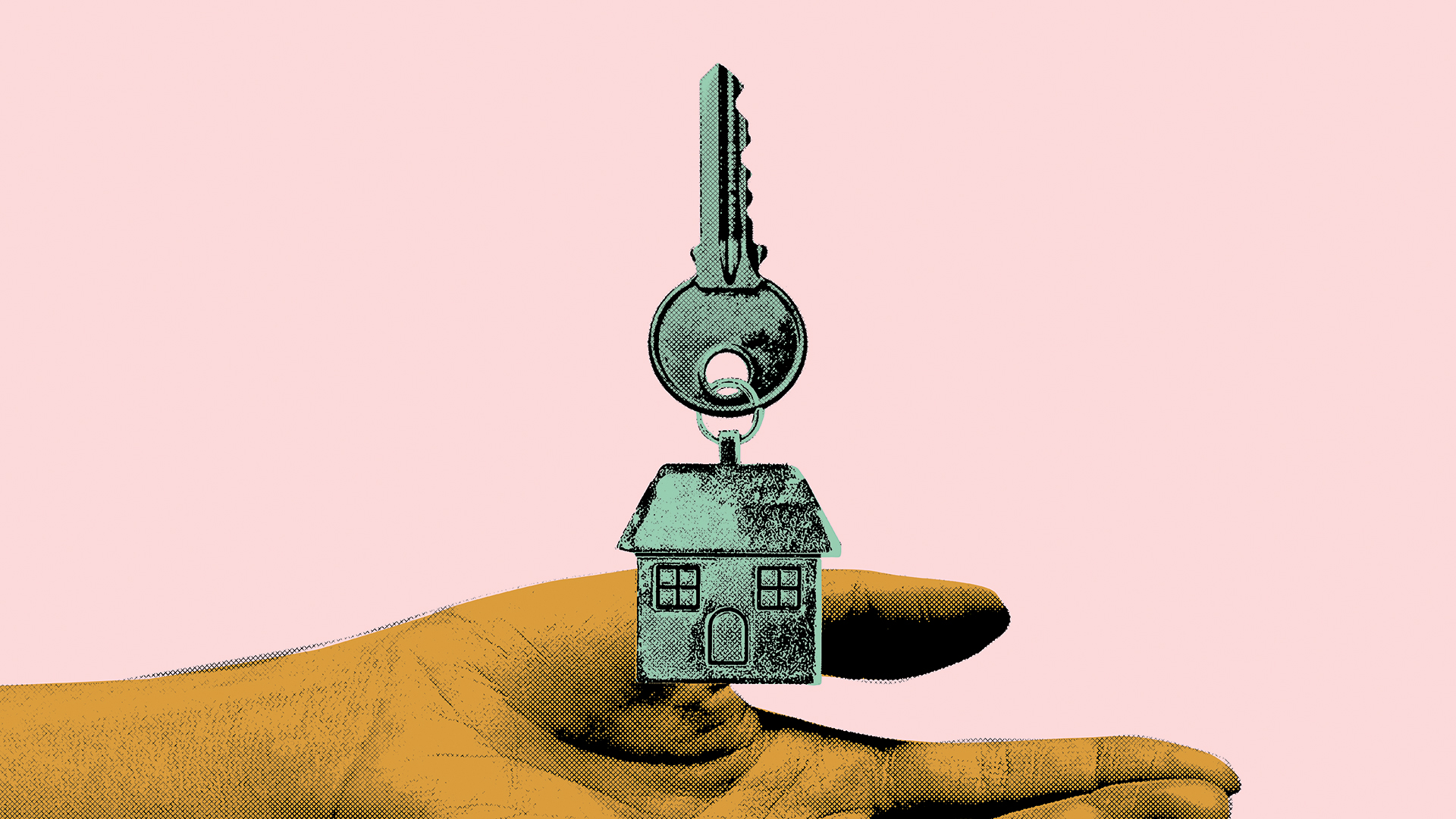It’s easy to despair. But we must not. We must hold on to the belief that homelessness can be ended and look for evidence of proven or promising approaches that could be tried or tested right now. We should be clear: overall, the evidence base for much homelessness practice is weak. Many standard
interventions used in the UK lack robust evaluation of impact, in particular cost effectiveness.
There are exceptions, however, and more high-quality causal evidence into homelessness interventions in recent years is expanding what we know. So where does the evidence lead us?
Housing First, which provides unconditional accommodation and personalised support, has a strong international evidence base where there is close fidelity to the model but is appropriate for a specific cohort with long histories of homelessness who will benefit from high support. More broadly, expanding the stock of social housing is fraught with political controversy and will take years. Right now, therefore, it is imperative that more private landlords do not withdraw good-quality housing from the rental market and that more are encouraged to let properties to tenants on low incomes or on benefits.
There is some evidence that offering landlords stronger financial incentives might work. It is worth testing whether rent guarantees, deposit bonds or up-front payments would expand supply of lower-cost private rented housing. A lower-cost approach, certainly worth trying, would be to use behavioural ‘nudges’ to encourage landlords to rent properties to people with a history of homelessness, such as personal stories or framing this as achieving a societal good.
One of the biggest evidence gaps is in understanding the relative effectiveness of types of assistance local authorities can offer different groups of people who are at risk of homelessness: evaluating housing options would lead to better decision making. Councils should also be encouraged to make full use of their power to make discretionary housing payments to people in receipt of housing benefits who are in financial difficulty; not all local authorities do so.
Such payments are made on an application basis and may be refused. But giving money directly to people in need has a strong evidence base; testing no-strings cash transfers to people experiencing different types of homelessness would be highly worthwhile. Imaginative thinking is also needed. Councils employ housing teams to support people in or at risk of homelessness and revenue departments who collect council tax. Many also have staff who collect rents from social housing and advise residents on benefit entitlements.





